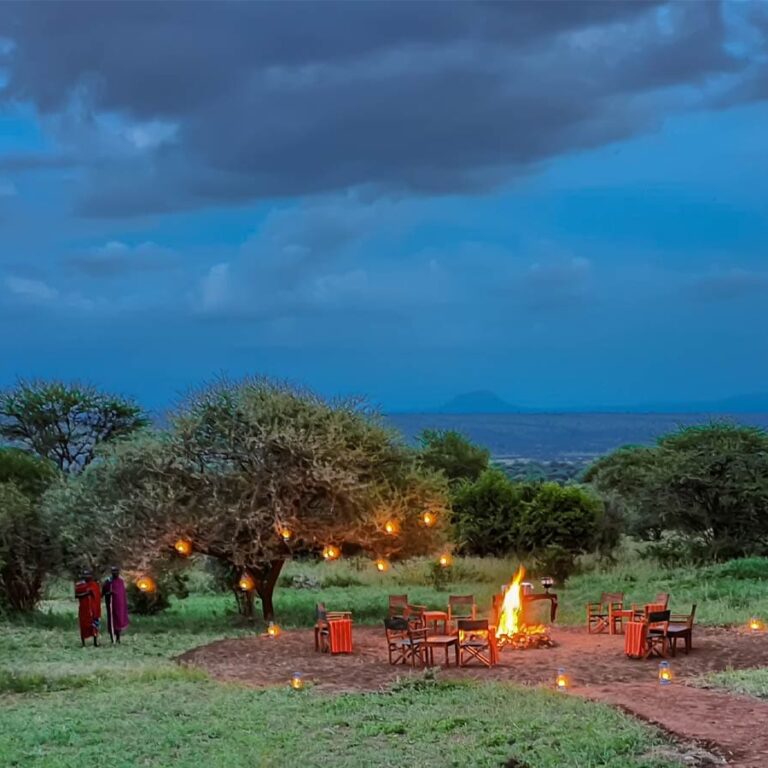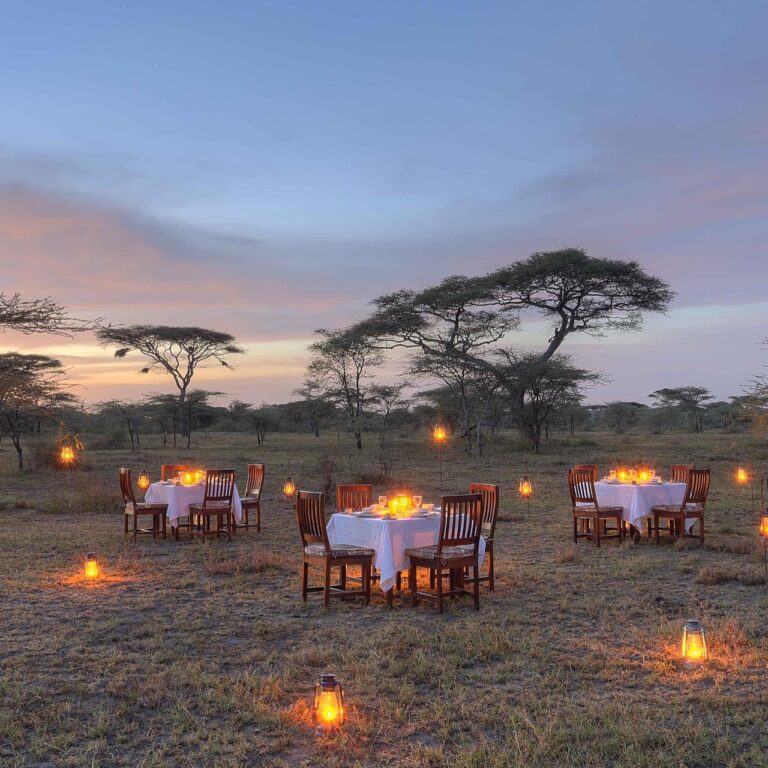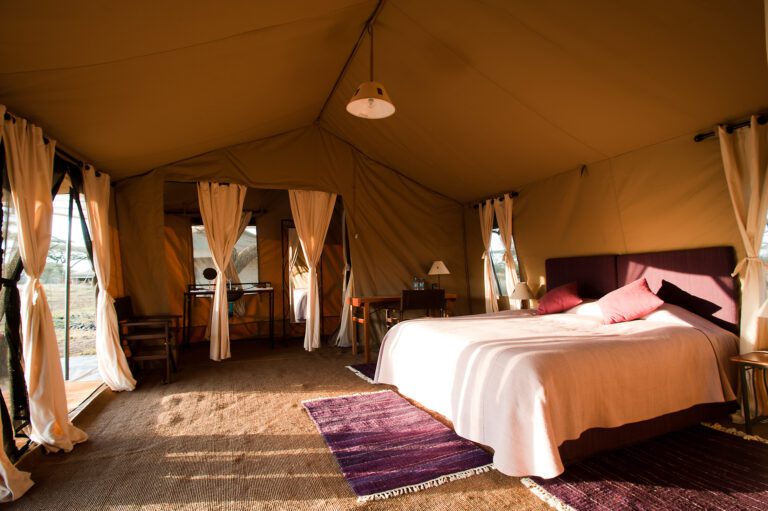How Much Weight Do You Carry on Kilimanjaro?
How Much Weight Do You Carry on Kilimanjaro? If you’re planning to climb Kilimanjaro, one of the most important factors to consider is the weight you’ll be carrying. Carrying too much weight can make the climb more difficult and increase your risk of injury, while carrying too little can leave you unprepared for the challenges ahead. In this article, we’ll explore how much weight you should carry on Kilimanjaro, and offer some tips on how to lighten your load without sacrificing essential gear.
Why Weight Matters on Kilimanjaro
Kilimanjaro is a challenging climb, with steep ascents, high altitudes, and unpredictable weather conditions how much weight do you carry on Kilimanjaro. Carrying too much weight can make the climb even more difficult, leaving you fatigued and increasing your risk of injury. On the other hand, carrying too little weight can leave you unprepared for the challenges ahead, putting you at risk of hypothermia, dehydration, and other hazards.
How Much Weight Should You Carry?
Base Weight vs. Total Pack Weight
When planning your Kilimanjaro climb, it’s important to distinguish between your base weight and your total pack weight how much weight do you carry on Kilimanjaro. Your base weight is the weight of your pack and gear without food, water, or fuel. Your total pack weight is your base weight plus the weight of your food, water, and fuel.
Recommended Weight Limits
The recommended weight limit for your total pack weight on Kilimanjaro is around 15-20% of your body weight how much weight do you carry on Kilimanjaro. For example, if you weigh 150 pounds, your total pack weight should be around 22-30 pounds. However, this is just a guideline, and the weight you carry will depend on a variety of factors.
Factors Affecting Your Pack Weight
The weight you carry on Kilimanjaro will depend on a variety of factors, including:
- The length of your climb: The longer your climb, the more supplies you’ll need to carry.
- The time of year: Climbing during the rainy season may require additional gear for wet conditions.
- Your fitness level: Carrying a heavier pack requires more energy, so your fitness level will impact the weight you can comfortably carry.
- Your personal needs: You may need to carry additional gear if you have specific personal needs, such as medications or extra layers for warmth.
Tips for Reducing Your Pack Weight
Reducing your pack weight can make your climb easier and more enjoyable how much weight do you carry on Kilimanjaro. Here are some tips for lightening your load:
Choose Lightweight Gear
When selecting your gear, opt for lightweight options whenever possible how much weight do you carry on Kilimanjaro. This includes your backpack, tent, sleeping bag, and clothing. Look for gear made from lightweight materials, such as nylon or polyester, and choose gear with a high warmth-to-weight ratio.
Minimize Non-Essential Items
Take a critical look at your gear list and eliminate any non-essential items how much weight do you carry on Kilimanjaro. For example, do you really need a camp chair or extra snacks? Leave behind anything that isn’t necessary for your safety or comfort.
Share Gear with Your Group
If you’re climbing with a group, consider sharing gear to reduce the weight you need to carry how much weight do you carry on Kilimanjaro. For example, you can split the weight of a cooking stove, water filter, or tent between multiple people.
Conclusion how much weight do you carry on Kilimanjaro
In conclusion, carrying the right amount of weight on Kilimanjaro is crucial to a safe and successful climb. While there are recommended weight limits, the weight you carry will depend on a variety of factors, such as the length of your climb, the time of year, your fitness level, and your personal needs. By choosing lightweight gear, minimizing non-essential items, and sharing gear with your group, you can lighten your load without sacrificing essential items. Remember, the less weight you carry, the easier and more enjoyable your climb will be.
Kilimanjaro Climbes Weight FAQs
What is the recommended weight limit for Kilimanjaro climbers?
The recommended weight limit for Kilimanjaro climbers is 15 kilograms (33 pounds) for the porter and 5 kilograms (11 pounds) for the daypack.
What are some tips for packing light for Kilimanjaro?
Choose lightweight gear, minimize non-essential items, and share gear with your group.
Can I hire an additional porter to carry my extra weight?
Yes, you can hire an additional porter to carry your extra weight. However, it’s important to be mindful of the weight limits and not exceed them.
How do I determine the weight of my gear?
You can determine the weight of your gear by weighing each item individually on a scale and adding up the total weight.
What should I do if I realize I’m carrying too much weight during the climb?
If you realize you’re carrying too much weight during the climb, try to reduce your load by leaving non-essential items behind or sharing gear with your group. If necessary, you can also hire an additional porter to carry some of your weight. TripAdvisor Reviews.








